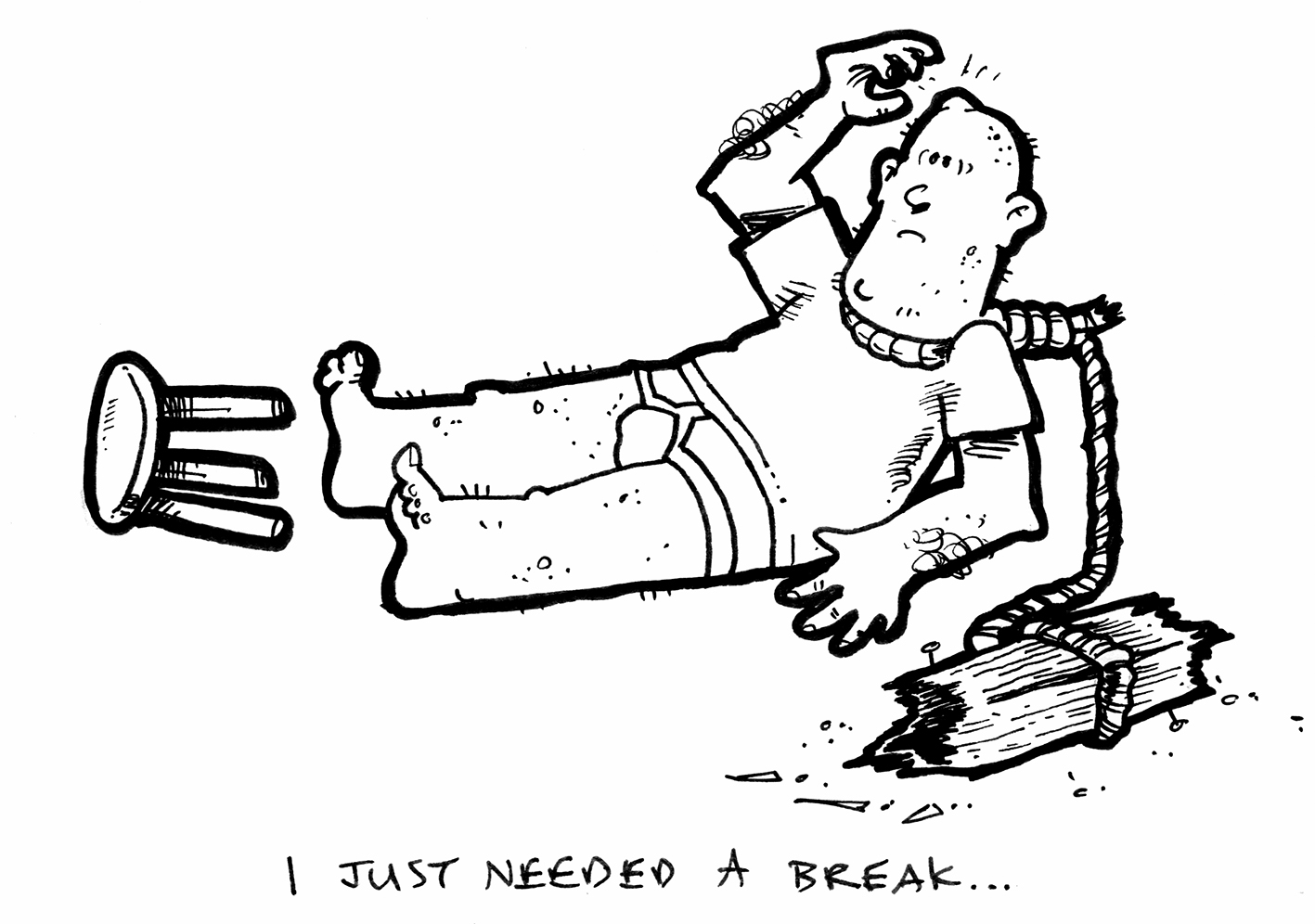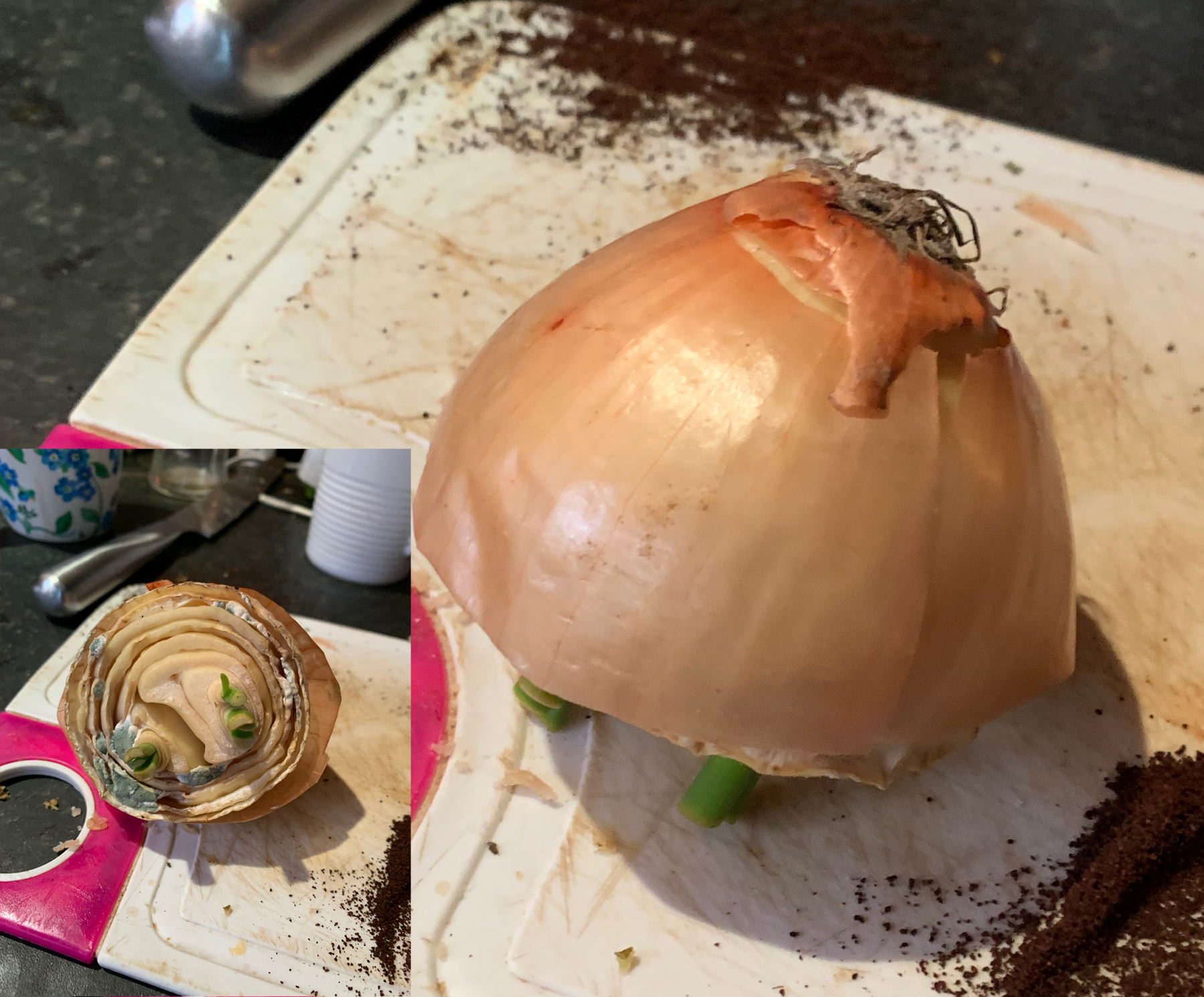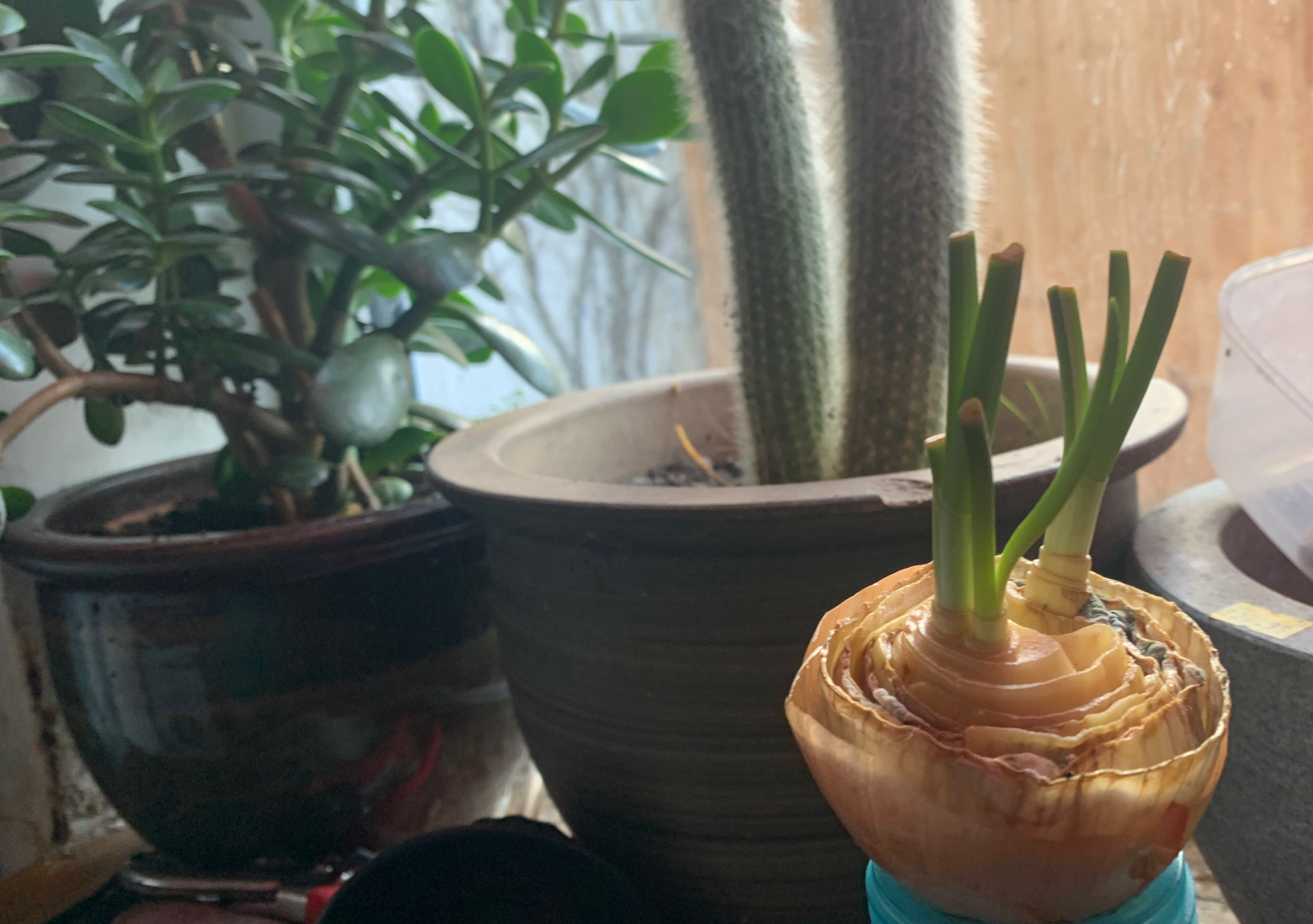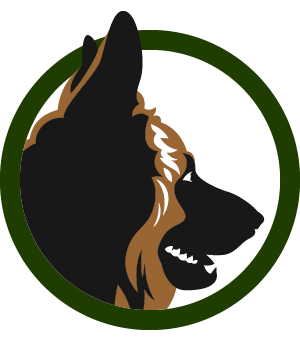
Living things have an extraordinary motivation to survive. Watch any David Attenborough documentary. To live is to satisfy conflicting and exhaustive requirements: to eat, attack, and to survive, defend. Stretching a football metaphor, the fuzzy transitions back and forth between the two, the midfield. ‘Motive’, is an everyday word, as is motivation, locomotion, motion itself, emotion; it also has a history from multiple language meldings, Anglo-Norman motif, motive will, drive, motivation, case, instance, and Middle French, French motif reason for action (1370), basis for an argument (1373), reason or grounds for a law, judgment, etc. (1393), from the Oxford English dictionary. Basically, in the language of the mock-WWII Government, well, motivational, posters: to keep on keeping on. Sometimes the forces round the thing that lives are too strong for its keeping on, sometimes the stuff that fuels keeping on runs out, sometimes other motivations arises to stop keeping on.
To a degree, the ‘ball game’ of this site, in order to show how to keep on keeping on, is about the transmission tool, language.

I came across a half-onion recently. It had been forgotten and abandoned on the chopping board, then became hidden. When I found it again it was in a strange configuration, something pushing it up. Seeking light, presumably. Seeking to sustain life. The two stems were strong enough to push the body of the onion upwards. When I lifted it, it was being colonised by mould, also seeking to survive. This onion, hidden behind other stuff, was going to need help in order to keep on keeping on, despite its own efforts at determination. I know little about onions, other than cooking them, but this onion was in the wrong environment.
I found a water bottle with a circumference that would fit the onion, filled it with water, settled the onion the ‘right’ way up and left it on a windowsill. I don’t know if the company of other plants can help a damaged onion, but I left it with some other plants.
I found myself thinking about the metaphor of the abandoned, damaged onion. This website is the frontal-piece of an organisation that seeks to find abandoned people, or perhaps help us find ourselves. Folk of a certain age and mindset, then provide tools to help with motivation when it seems the fuel of motive energy is running out. There is more information within the website’s body, and in addition it will be fed into communities by Events.
The original thinking was founded in suicides amongst the veteran community. Specifically my own. This is often when the logic of ‘what’s the point?’ is skewed by depression or reactions to adverse circumstances. First the thinking, then the seeking out a voice that is neutral in reach (doesn’t make anything worse) yet authoritative and non-preachy, patronising or ‘left wing bleeding-heart liberal,’ to quote a friend. After all, to quote another friend, ‘I’m still ‘ere, ‘en I?’
Talking about language using language, a note on the language, the ‘voice’ of the website. Shepherding the Mind is a ‘we’ entity, but the origins lie in an ‘I’ — Guy — and a dog, Zen. For philosophy or how it came about, on this site you’ll come across ‘I’ phrases. For implementation of the mission and the Events, it is ‘we’, a team.
* Another note on language: military-style humour isn’t to everybody’s taste (although it would be an interesting test-bed for a study of the boundaries between bullying, coercion and the humour in ‘banter’), but I refer to myself as a ‘spastic’ on the grounds that spasticity is the medical term for the condition in my muscles. I use the term as a self-deprecating refusal to give in to the disease (MS) through humour, it is not used as a challenge to those who take offence at the use of such terms, especially other members of the MS cohort. I was amused to attend a gathering of former-military with MS and their carers, where many delegates referred to themselves as ‘crips’. Autocorrected to ‘crisps’, which I quite like.

